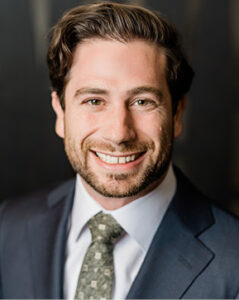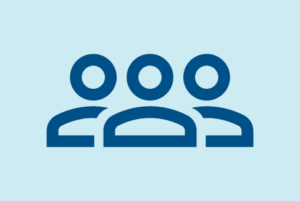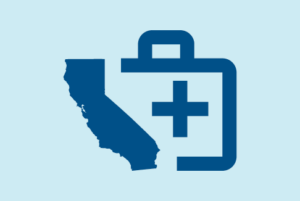What’s happening: On Nov. 5, California voters overwhelmingly approved Proposition (Prop) 35, making an existing tax on managed care organizations (MCO) permanent under state law — and directing most of the revenues toward expanding access to care for Medi-Cal patients through improved provider reimbursement. Now, work by the state, hospitals, and others to determine how these...
This content is restricted to members.




